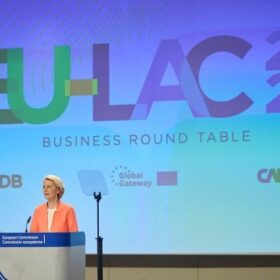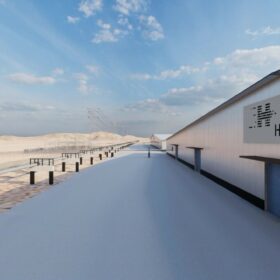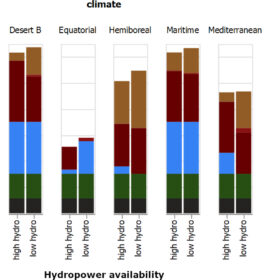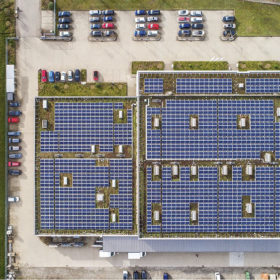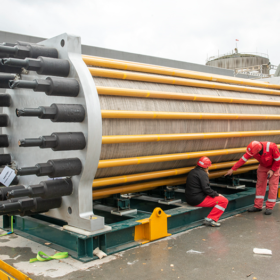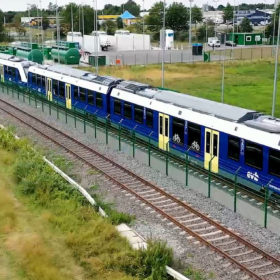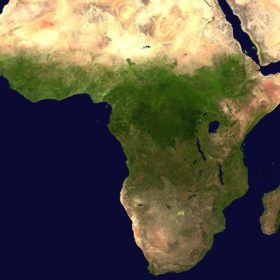The Hydrogen Stream: EU, Argentina, Chile, Uruguay to partner on hydrogen
The European Commission and the European Investment Bank have agreed to collaborate with Argentina, Chile and Uruguay on hydrogen, while Masdar, Mitsubishi and Inpex have said that they will use green hydrogen to produce e-methane and polypropylene.
The Hydrogen Stream: Namibia to launch $10 billion hydrogen project
German investors have agreed to back a hydrogen project in Namibia, while Plug Power and Thyssenkrupp Nucera have announced separate hydrogen-related deals in Sweden.
The Hydrogen Stream: Electrolysis is cost-efficient in all climates, says Finnish team
Researchers at the VTT Technical Research Centre of Finland said that chemical energy storages were needed for short and long-term balancing in every climate region, especially in the northern climates. Meanwhile, companies are moving forward with their plans to produce hydrogen in Namibia and Morocco.
Only5mins! – ‘Additionality’ must be adhered to in Africa’s green hydrogen development
Chigozie Nweke-Eze is an economist, geographer and founder of Integrated Africa Power. He sat down with pv magazine to discuss green hydrogen development in Africa, from the project pipeline to the necessity of “additionality” when it comes to ensuring hydrogen doesn’t become yet another exploited African resource.
Weekend read: Is EU doing enough?
The European Union has set ambitious targets for solar PV expansion but is Brussels designing the right policies to support growth? Andreas Walstad investigates.
COP27 was a crucial step forward for hydrogen – here’s why
Three import deals signed by the EU at Sharm El Sheikh during this month’s COP27 summit show the European Union is serious about harnessing green hydrogen for its heavy industry, and about distributing the fruits of the energy transition on an equitable basis.
HDF Energy wants to build utility scale solar hydrogen project in Namibia
The project consists of an 85 MW solar park and a green hydrogen production unit. The facility should begin commercial operations in 2024.
The Hydrogen Stream: World’s largest electrolyzer to be deployed in Norway
HydrogenPro is set to install the world’s largest electrolyzer in Norway, while Siemens is preparing to commission Germany’s second biggest electrolyzer.
The Hydrogen Stream: Germany launches world’s first operating hydrogen trains
Germany has launched the world’s first operational hydrogen trains and US researchers have presented a novel design for a tubular PEM fuel cell. ABB and Hydrogen Optimized, meanwhile, have expanded their strategic ties and Slovakia has moved forward with a major gas-blending pilot project.
‘African countries must unite to establish a green hydrogen economy’
Only by working together can African nations overcome the obstacles to exploiting their abundant renewables resources and producing affordable green hydrogen – for use at home and in a European economy keen to wean itself off Russian gas, an online event has been told.
